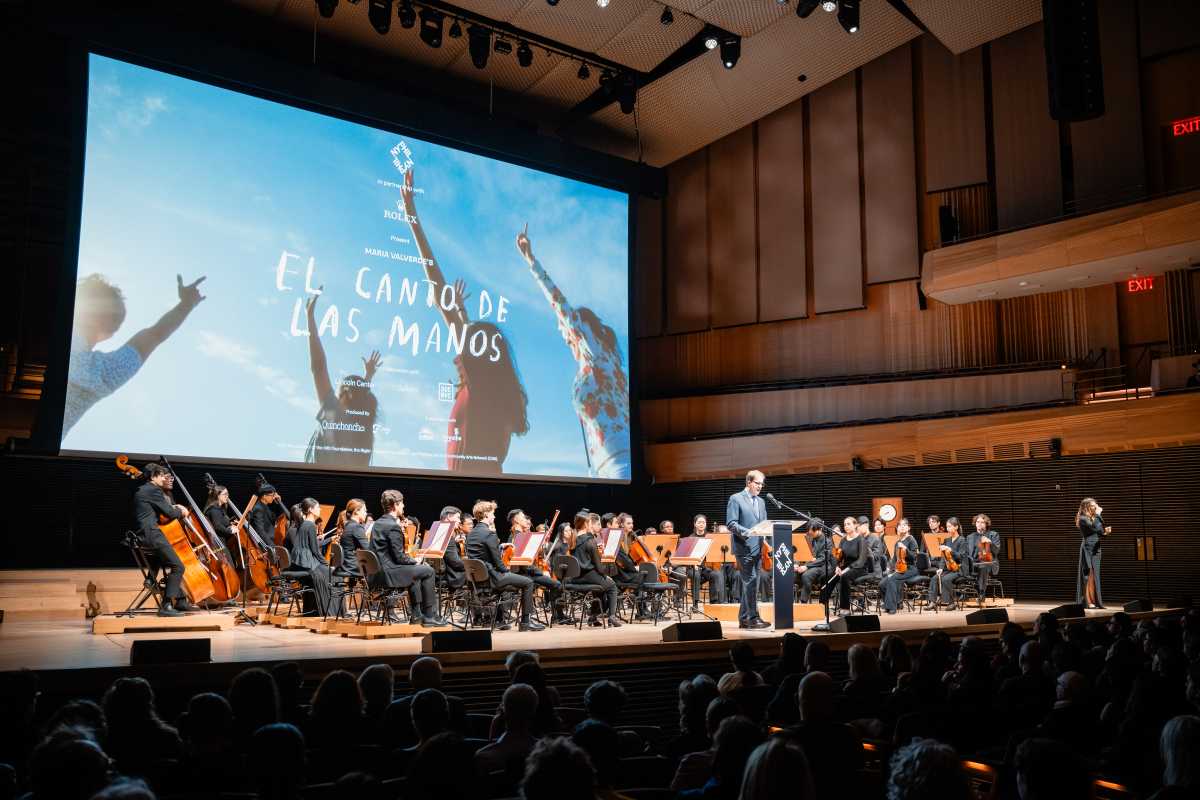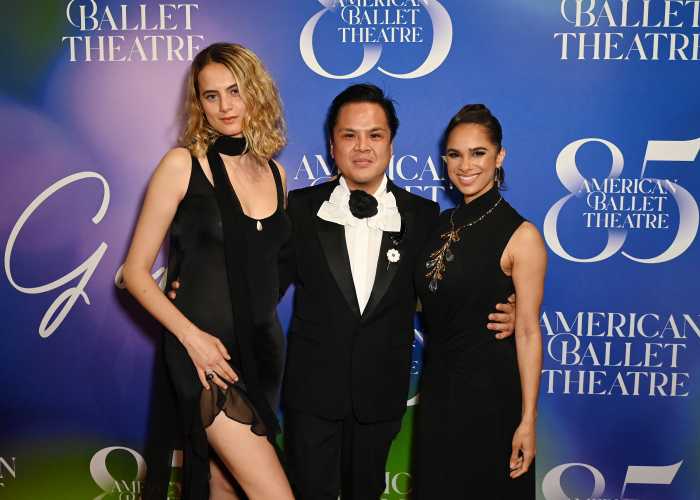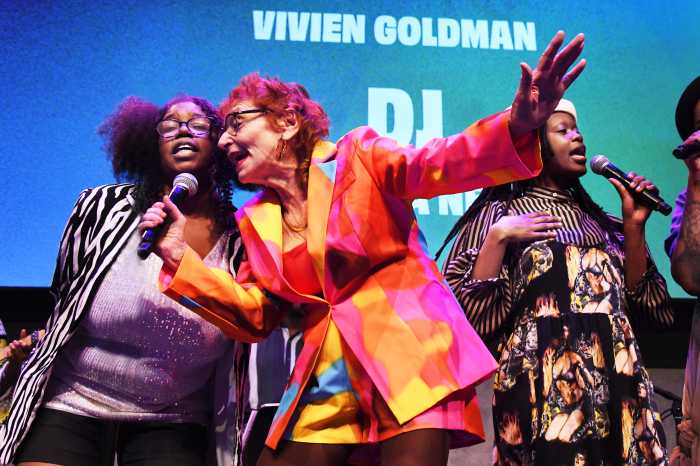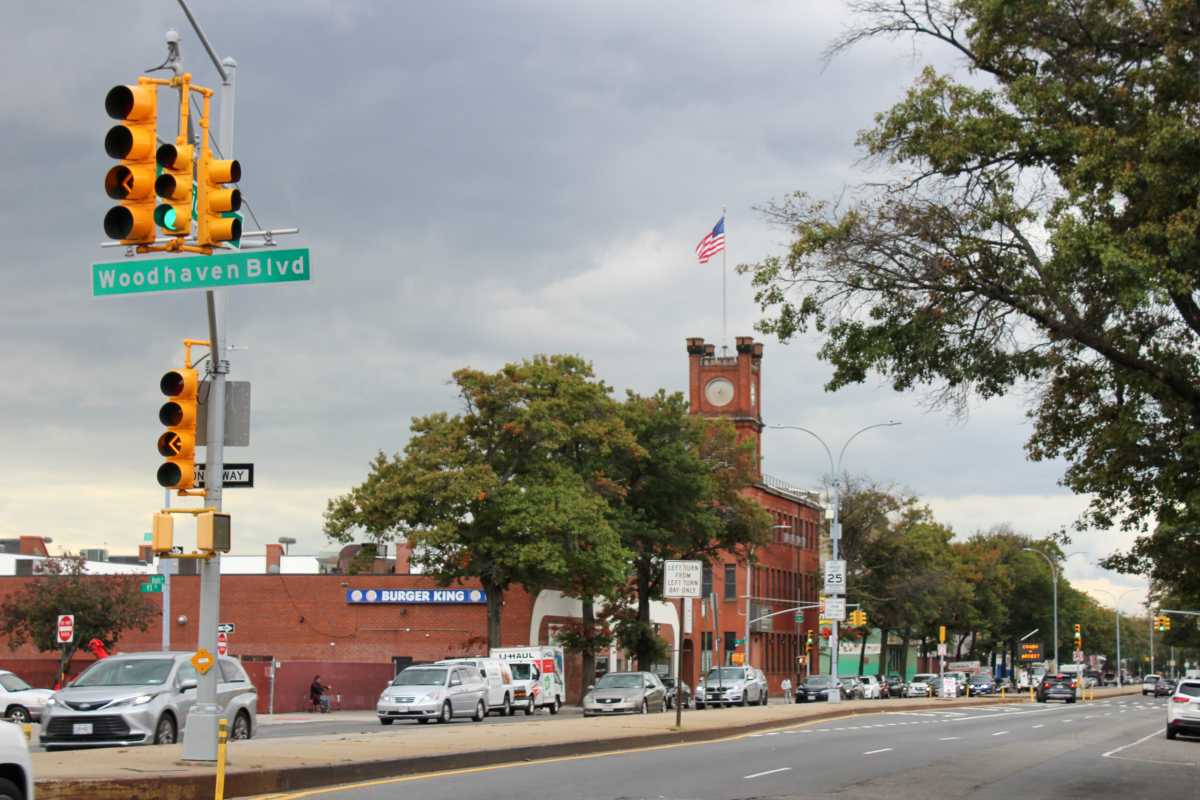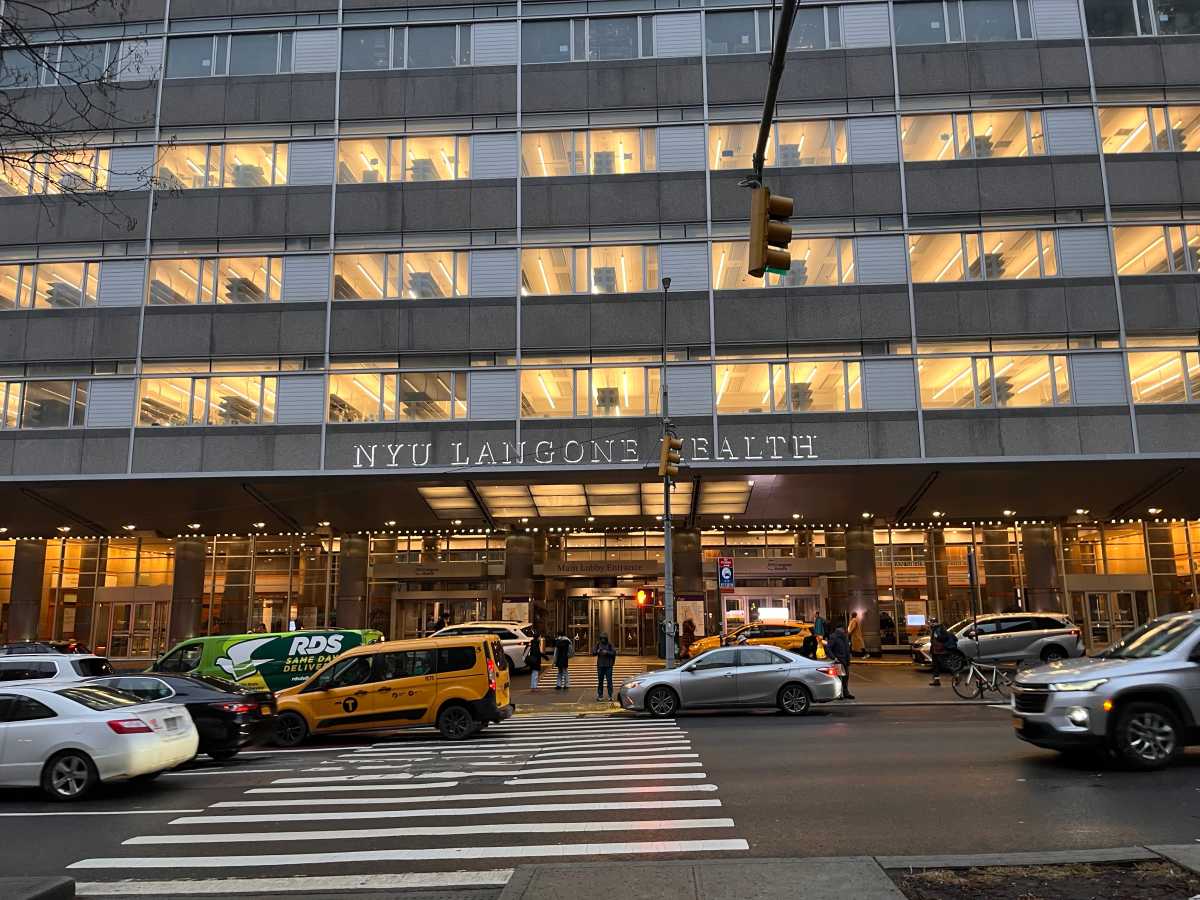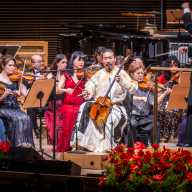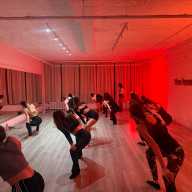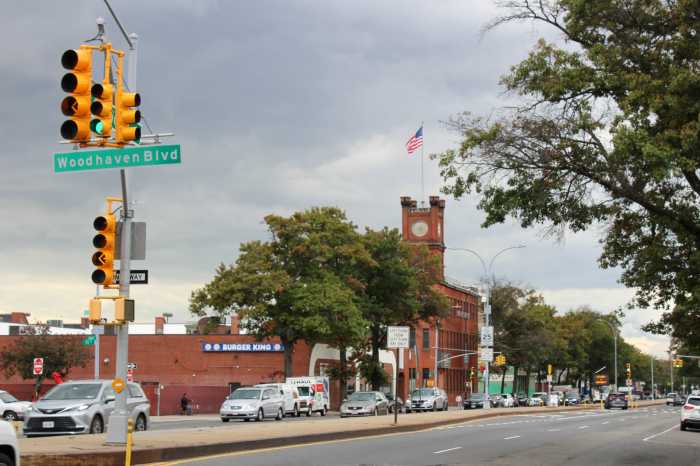There are nights when culture feels ceremonial—and then there are nights when it feels like combustion. The U.S. premiere of El Canto de las Manos at Lincoln Center last Friday was the latter: a gorgeous collision of intellect and instinct, where Beethoven’s Fidelio was not just heard, but felt through the hands of those who cannot hear and the hearts of those who cannot forget. Directed by the magnetic María Valverde and conducted by her husband, the incomparable Gustavo Dudamel, the evening was less “classical concert” and more “emotional detonation”—a love letter to music’s power to shatter silence and rebuild humanity in its wake
The Night Music Became Movement
The evening began not with fanfare, but with reverence. Dudamel, that mercurial master of music’s emotional topography, took the stage last Friday to lead the Juilliard Orchestra and Juilliard Vocal Arts students in an aria from Beethoven’s Fidelio—Mir ist so wunderbar. Only this time, it was unlike anything the Wu Tsai Theater had ever seen.
Alongside the musicians stood the Coro de Manos Blancas, a chorus of Deaf, hard of hearing, and neurodivergent performers, their hands and faces translating Beethoven’s notes into something beyond language—something divine. Joined by actors from Deaf West Theatre, the performance was both haunting and radiant: a choreography of sign, sound, and soul. It was not simply inclusion—it was transcendence.
When the music swelled, you could feel it in the air, the same way one feels thunder before rain. You could see the sound. For a few brief moments, everyone in the hall—hearing, Deaf, artist, audience—existed in perfect harmony.
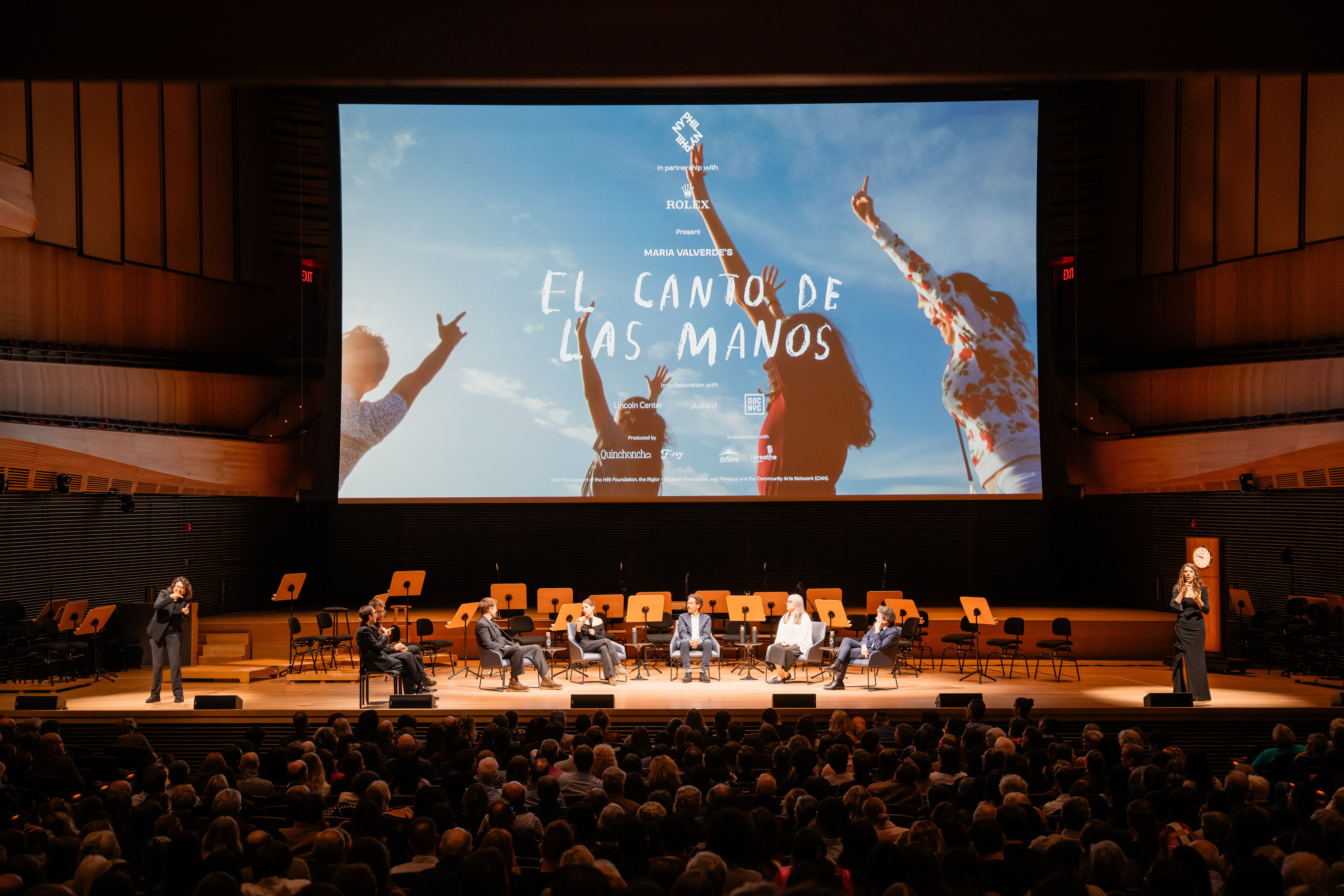
A Film That Breathes Humanity
Then came Valverde’s documentary. El Canto de las Manos is not just a film—it is a meditation on what it means to hear with the heart. It follows the 2022 Fidelio production conceived by Dudamel and Valverde for the Dudamel Foundation, where Deaf and hearing artists performed side by side, fusing Venezuelan Sign Language and music into a single act of liberation.
Valverde’s lens captures the paradox of silence and symphony, and in doing so, reveals something profoundly human: that music, stripped of sound, is still the purest expression of hope. Her filmmaking feels tactile, almost sculptural—you can feel the vibration of her empathy in every frame.
The screening concluded with a standing ovation that seemed to rise from somewhere deeper than applause.
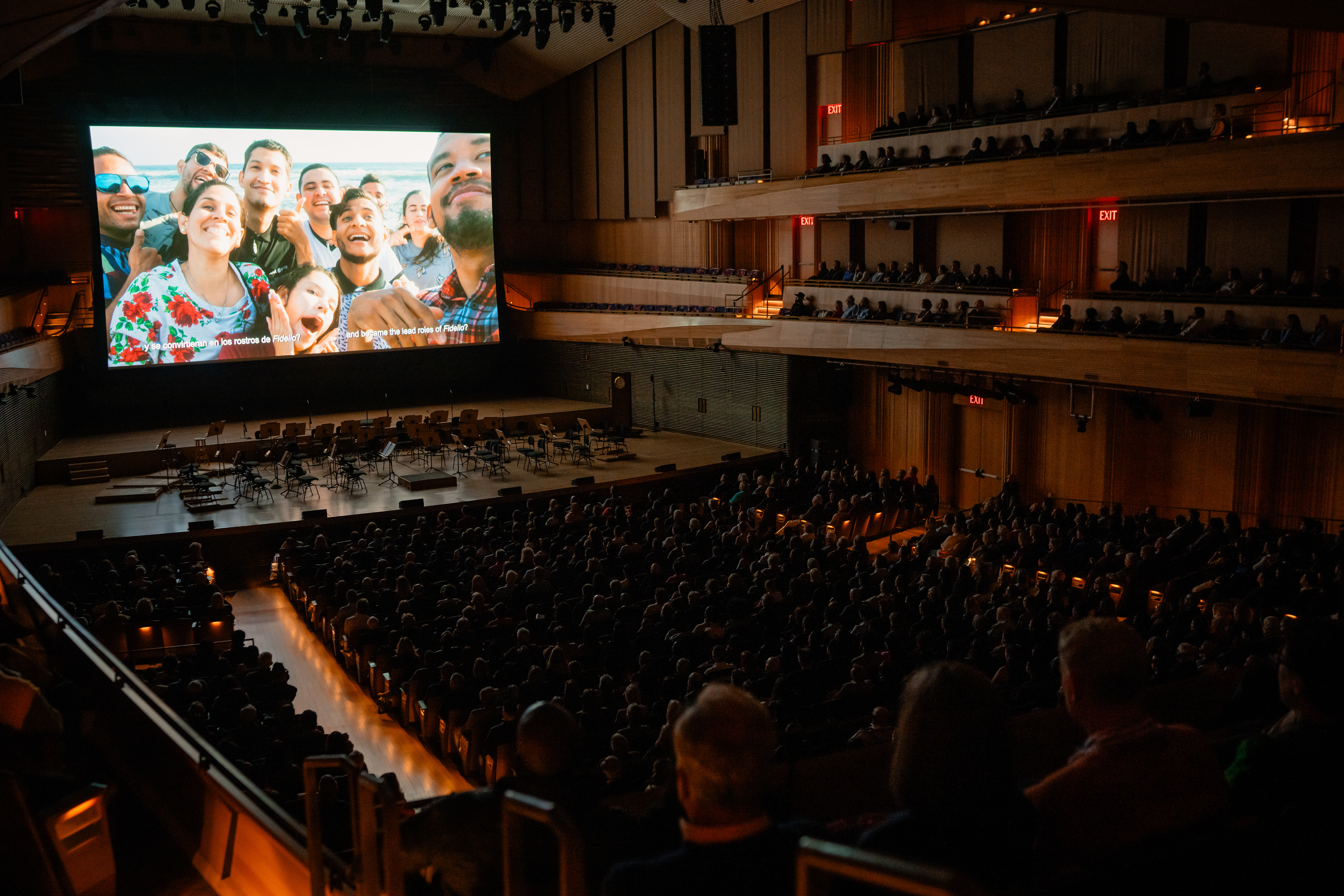
A Conversation in the Language of Grace
After the credits rolled, Bradley Cooper—the ever-curious artist and newly minted cultural ambassador of New York—took the stage to moderate a discussion with Valverde, Dudamel, DJ Kurs of Deaf West Theatre, and Melissa S. Draganac-Hawk, head of the Pennsylvania School for the Deaf.
Their dialogue, interpreted through SignNexus, felt less like a Q&A and more like a revelation. Cooper spoke of empathy as artistic inheritance; Valverde described the film as “a declaration of freedom and dignity.” Dudamel, with his signature blend of charisma and conviction, reflected on how Beethoven’s music—written in the isolation of deafness—found its most honest form in the hands of those who live that silence daily.
It was electric. It was emotional. It was alive.
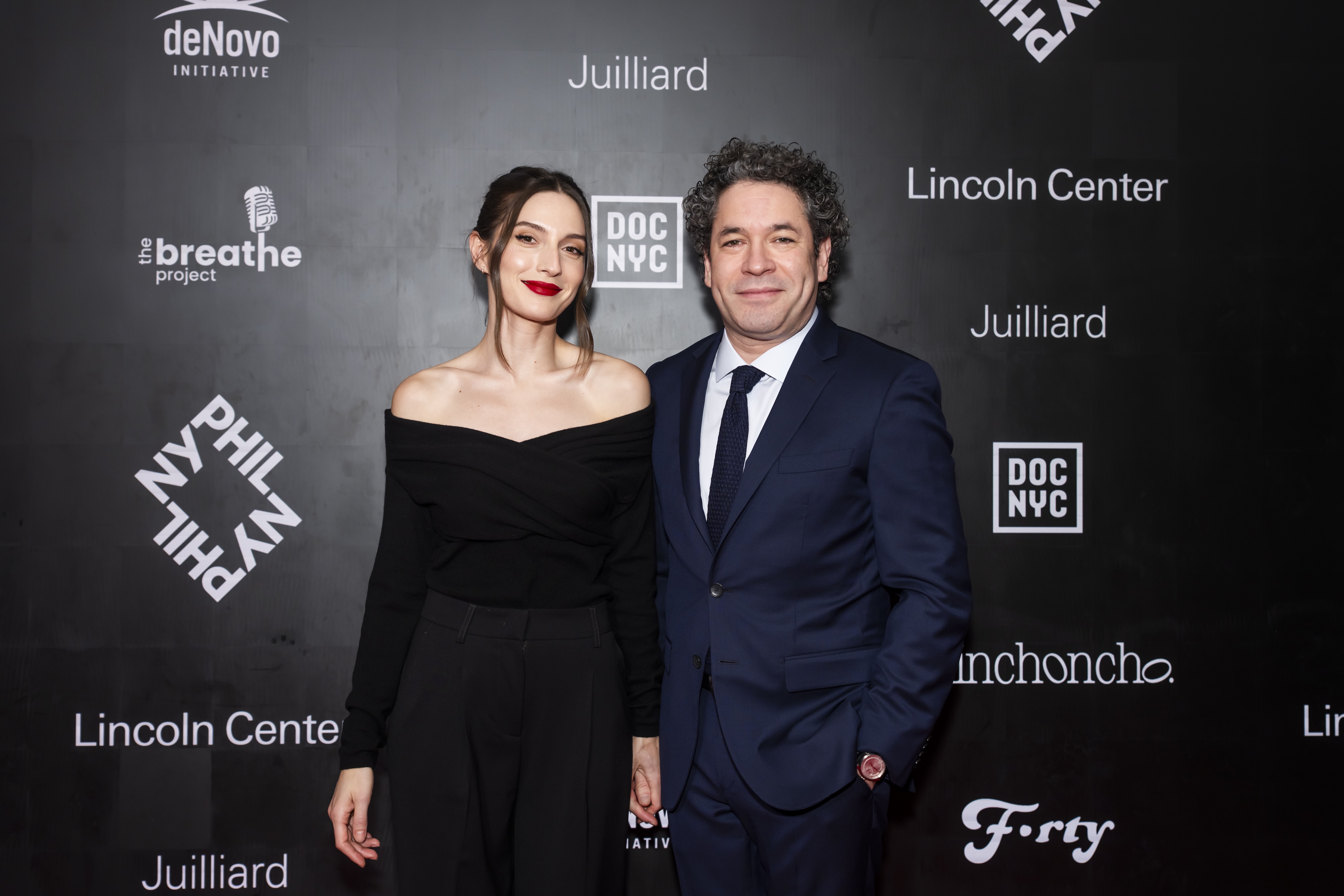
The Power of Partnership
The event underscored something essential: that true art is collaboration. The partnership between Rolex, Lincoln Center, Juilliard, and DOC NYC demonstrated not only institutional synergy but the kind of philanthropic foresight that ensures beauty remains accessible, relevant, and global.
Rolex, as always, was more than a sponsor—it was a patron of excellence. Its ongoing commitment to the arts, embodied in the Perpetual Arts Initiative, continues to sustain projects that defy boundaries, much like El Canto de las Manos itself.
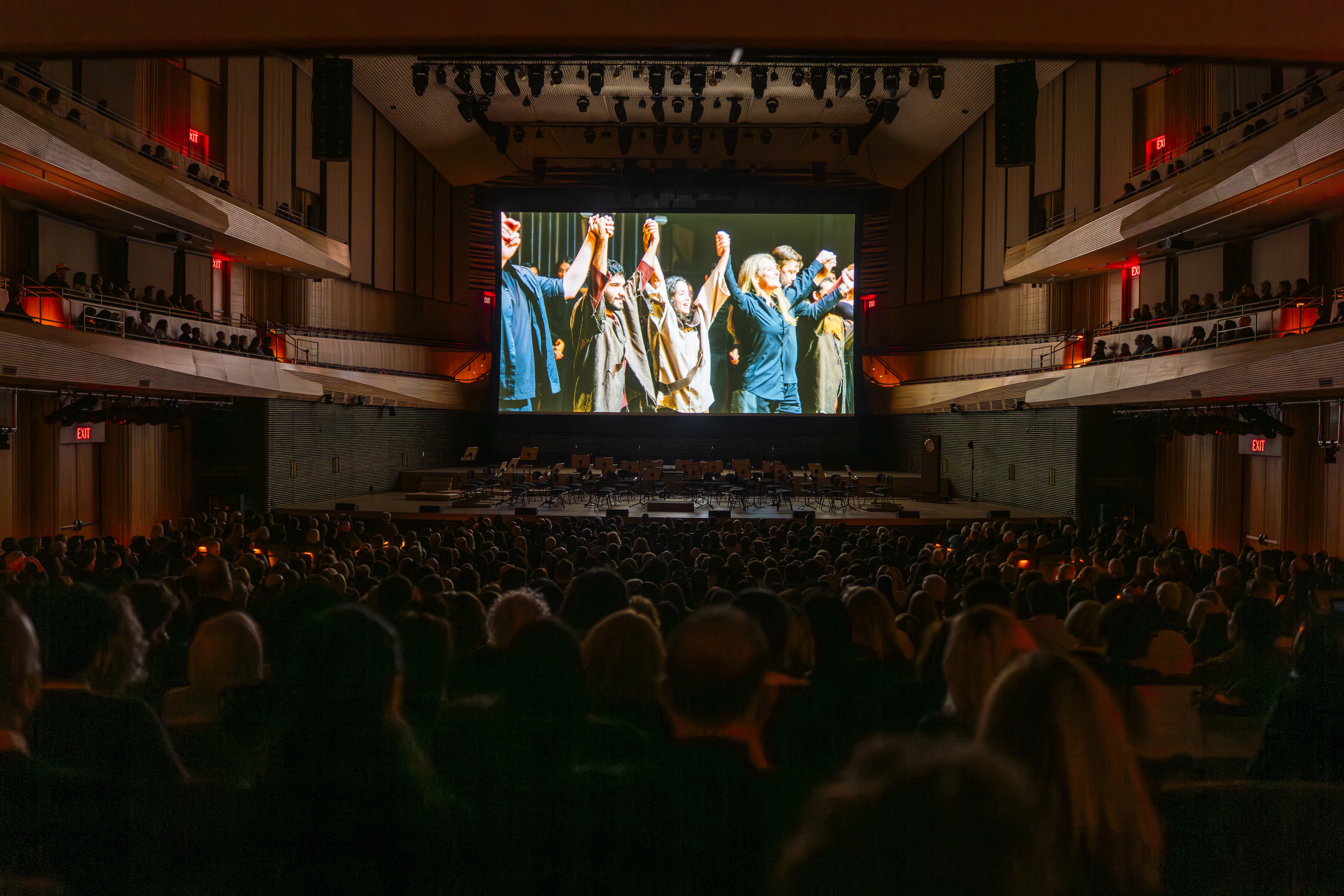
A Symphony Beyond Sound
What lingered as the audience spilled out into the November night was not melancholy, but awe. The hum of Lincoln Center seemed changed, resonant. Beethoven’s Fidelio—that eternal hymn to freedom—had found new life, spoken through silence and gesture.
In an age obsessed with noise, El Canto de las Manos offered a radical counterpoint: that the truest art is not what we hear, but what we feel.
For one extraordinary night in New York, the Philharmonic reminded us that beauty still saves us—and that even in silence, humanity sings



